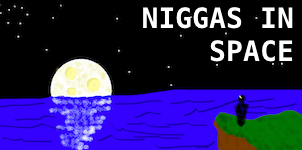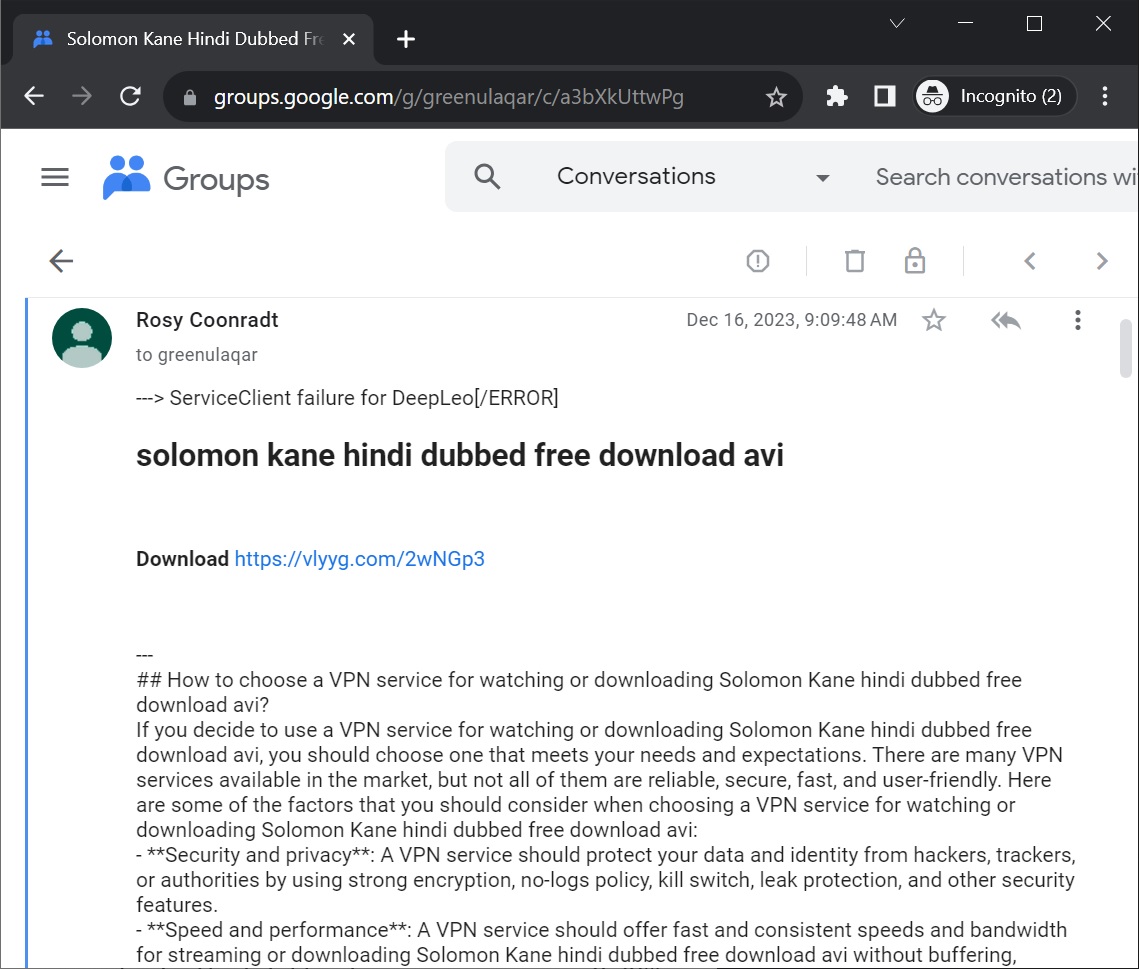https://www.bleepingcomputer.com/news/google/google-groups-is-ending-support-for-usenet-to-combat-spam/Google Groups ending support for Usenet
If you work with Usenet groups in Google Groups, support for these groups is ending soon.
What’s changing?
Starting on February 22, 2024, you can no longer use Google Groups (at groups.google.com) to post content to Usenet groups, subscribe to Usenet groups, or view new Usenet content. You can continue to view and search for historical Usenet content posted before February 22, 2024 on Google Groups.
In addition, Google’s Network News Transfer Protocol (NNTP) server and associated peering will no longer be available, meaning Google will not support serving new Usenet content or exchanging content with other NNTP servers.
This change will not impact any non-Usenet content on Google Groups, including all user and organization-created groups. Most of the current Google Groups content is not Usenet content and will not be affected.
What do I need to do?
If you don’t actively engage with Usenet content, you don’t need to do anything. Current Usenet users will need to do two things before February 22, 2024 if they want to continue engaging with Usenet content:
Find a new Usenet client. Several free and paid alternatives are available, both web-based and application-based. To find a client, do a web search for "how do I find a usenet text client"
Find a new public Usenet server. The new client you choose will likely have a default server or a set of curated options for you. If not, to find a server, do a web search for "public NNTP servers."
Because Usenet is a distributed system, you do not need to migrate data. All of the Usenet content you can access today on Google Groups should already be synced to the new server you choose. After you select a new client and server, you can reselect the groups you’re interested in.
Why is Google Groups support for Usenet ending?
Over the last several years, legitimate activity in text-based Usenet groups has declined significantly because users have moved to more modern technologies and formats such as social media and web-based forums. Much of the content being disseminated via Usenet today is binary (non-text) file sharing, which Google Groups does not support, as well as spam.


